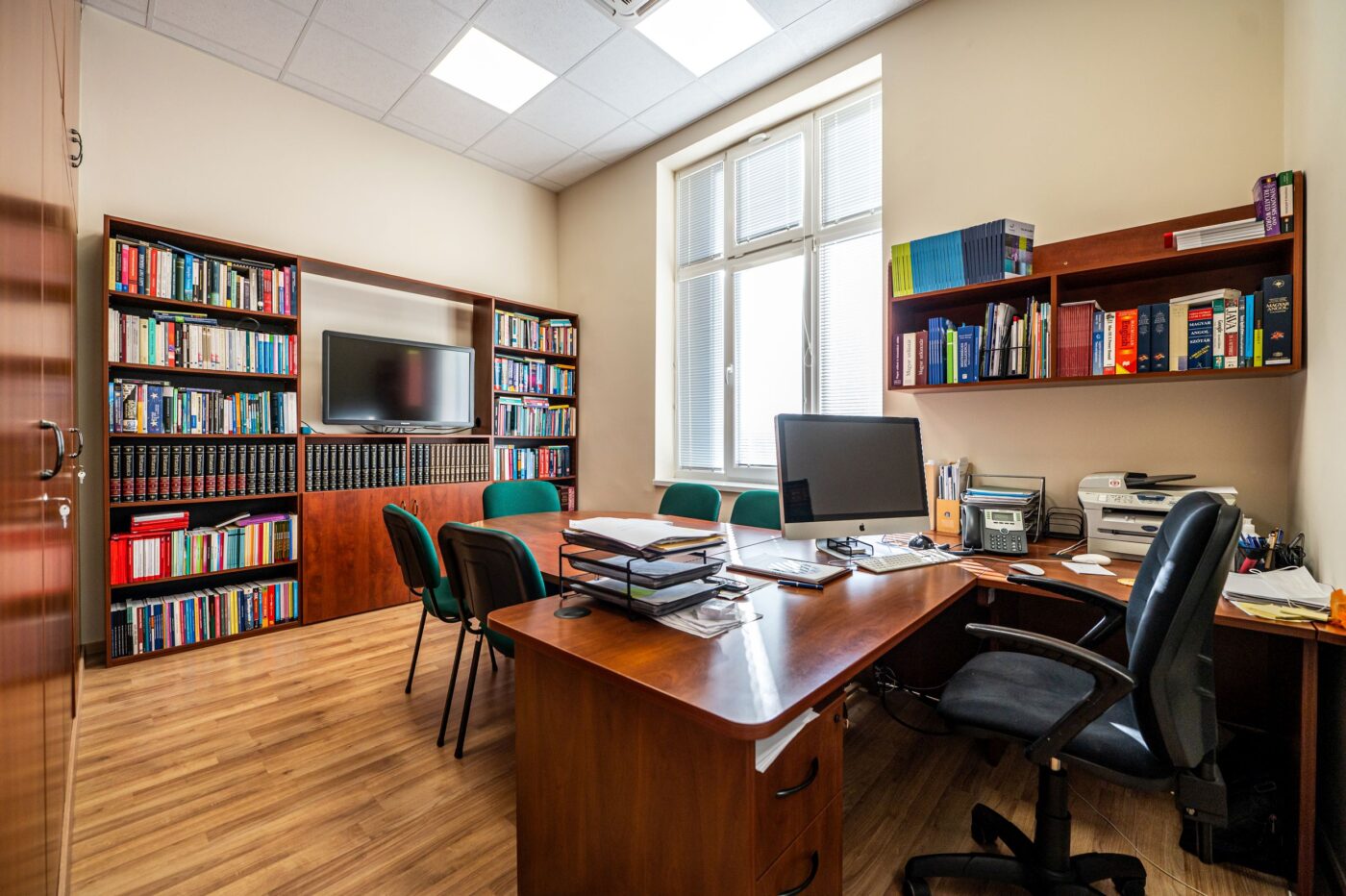Research
The Hungarian Research Centre for Linguistics (NYTK) aims to conduct research in all fields of Hungarian linguistics, and also to undertake research in the domain of general, experimental and applied linguistics.
The main research activities of the Hungarian Research Centre for Linguistics focus on the following areas and research tasks:

- Exploratory research in linguistic theory, experimental and Hungarian linguistics: linguistic theory, phonetics, phonology, morphology, syntax, semantics, pragmatics, psycholinguistics, neurolinguistics;
- Exploratory research in historical-comparative linguistics, language typology, language history, and research in the field of Uralic studies.
- Research in lexicography, preparation of the series of the Comprehensive Dictionary of Hungarian;
- Research in corpus linguistics;
- Research in socio-linguistics, including topics on modern languages and multilingualism;
- Research and development in language and speech technology.
The tasks of the Institute for General and Hungarian Linguistics include conducting research in linguistic theory and general linguistics; in the fields of phonology, morphology, syntax, semantics and pragmatics; in general and Hungarian phonetics. Furthermore, the Institute develops speech databases; describes the linguistic systems of present-day Hungarian and other languages; conducts exploratory research in psycholinguistics, neurolinguistics and cognitive science; develops methodologies to support language acquisition, language development and rehabilitation. It maintains the ELTE BTK-NYTK Centre for Theoretical Linguistics in cooperation with the ELTE Faculty of Humanities. This Centre is responsible for the operation of the ELTE Theoretical Linguistics Bachelor’s and Master’s degree programs and the doctoral program.
The Institute for Historical and Uralic Linguistics is responsible for general research on language history topics and theoretical models of language history and language change. It conducts exploratory research in historical-comparative linguistics, language typology, language history and Uralic studies, and documents endangered Uralic languages. The Institute undertakes research on the history of Hungarian and other languages; explores problems of Hungarian language history; processes and publishes surviving texts; and builds databases.

The Institute for Language Technologies and Applied Linguistics carries out research and development in the field of language technology, builds and maintains language technology resources and infrastructures; designs and compiles electronic text databases for corpus linguistics research. It also studies contemporary linguistic problems and studies language problems and naming issues. The Institute offers language consultancy, undertakes the tasks if language education and science communication. Additionally, it deals with theoretical and practical research of language use and sociopragmatics. Finally, it engages in conducting theoretical and practical research on minority languages both within and outside Hungary.
The Institute for Lexicology edits and publishes the volumes of the Comprehensive Dictionary of Hungarian; maintains the database of the New Hungarian Etymological Dictionary; conducts research in the field of lexicography; and focuses on lexicological research on the present-day and historical Hungarian vocabulary.